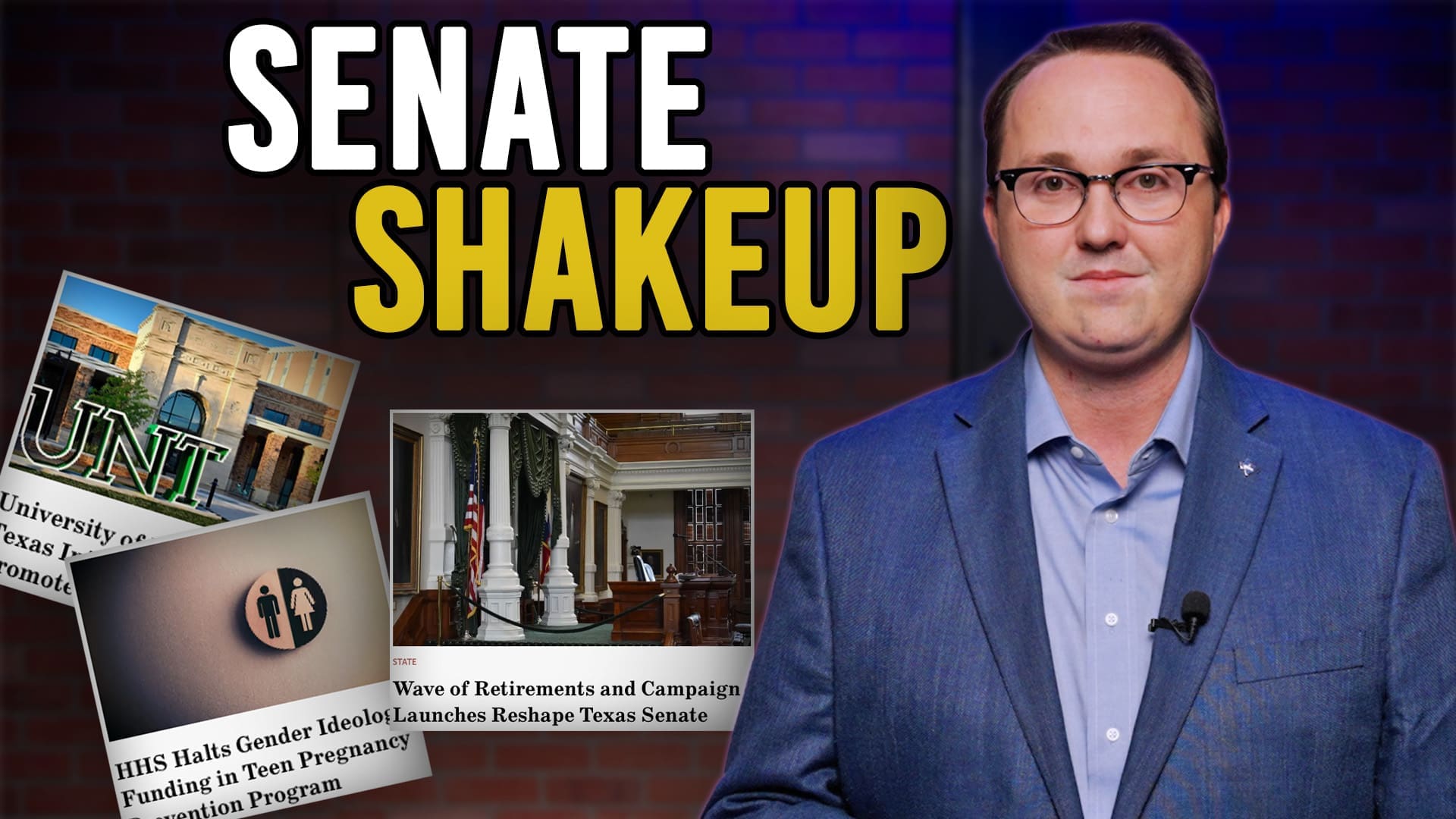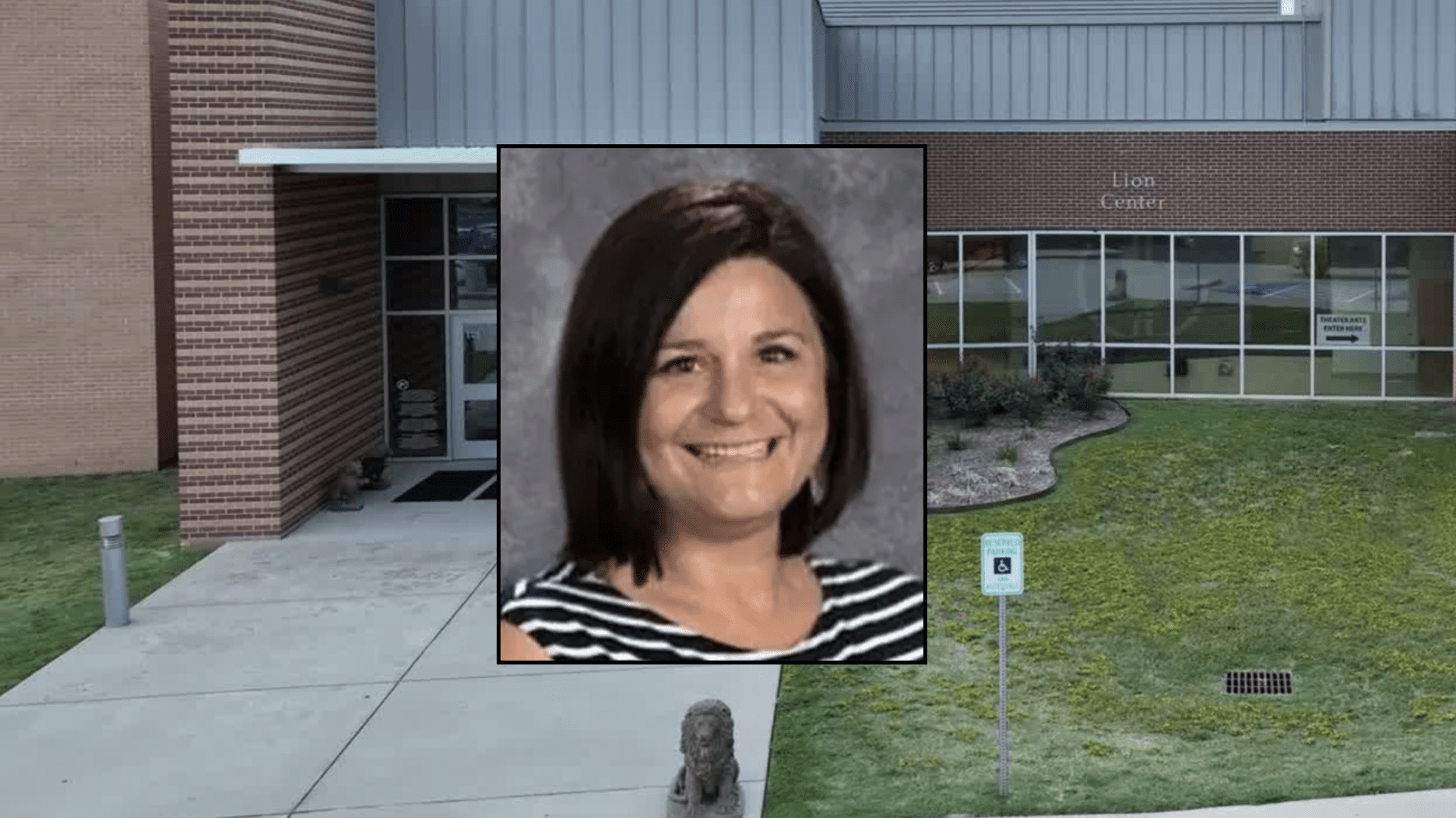With more than 2 million Texans out of work, the state economy reeling, and government revenues dropping as a result of the government-ordered shuttering of businesses and commerce in response to the Chinese coronavirus, the state’s top leaders are finally asking some government agencies to cut spending.
In a letter to state agencies released on Wednesday, Gov. Greg Abbott, Lt. Gov. Dan Patrick, and Texas House Speaker Dennis Bonnen directed state agencies to trim their budgets by 5 percent, writing the following:
“As you have no doubt seen, there is significant economic uncertainty not only in this state but across the country and around the world. We are confident that Texas will get back to work and continue leading the nation in job growth, economic innovation, and business creation. however, it will take months until we know the true extent of the economic ramifications of COVID-19, and how combating this virus will impact state finances. To prepare for this economic shock, we must take action today to ensure that the state can continue providing the essential government services that Texans expect.
“To achieve that goal, every state agency and institution of higher education must engage in prudent fiscal management efforts. Savings achieved in the current biennium are not only necessary to offset current year revenue losses, the savings will provide for the smoothest path toward recovery as you provide necessary services to Texans. Some cost saving strategies that agencies should pursue that will not affect the state’s response to COVID-19 include foregoing any capital expenditures that can be deferred, any avoidable travel expenditures, any administrative expenses that are not mission critical and keeping unfilled any open positions that are not essential to the COVID-l9 response. These savings should be lapsed to the Treasury.
“Additionally, we request each state agency and institution of higher education submit a plan identifying savings that will reduce your general and general revenue related appropriations by five percent for the 2020-202 1 biennium. Please submit this plan to the Legislative Budget Board and the Office of the Governor by June 15, 2020.”
However, not every government agency will be forced to comply with the request. Indeed, the Big Three have issued exceptions which, in sum, make up more than a majority of state spending. Further in the letter, Abbott, Patrick, and Bonnen lay out the exceptions:
“Given the importance of the state’s response to COVID-19 and the continuity of critical government functions, the following are excluded from the five percent reduction eclipse the majority of the state budget.
- Appropriations to the Texas Division of Emergency Management, the Texas Department of State Health Services, the Texas Workforce Commission, the Texas Military Department, and the Texas Department of Public Safety
- Funding for debt service requirements and bond authorizations;
- Current law requirements for the Foundation School Program and school safety;
- Funding for Child Protective Services;
- Benefits and eligibility levels in Medicaid programs, the Children’s Health Insurance Program, the foster care program, the adoption subsidies program, the permanency care assistance program, and services for individuals with intellectual or developmental disabilities;
- Funding for behavioral health service programs;
- Appropriations for Correctional Security Operations and Correctional Managed Health Care at the Texas Department of Criminal Justice;
- Appropriations to Health Related Institutions and Community Colleges; and
- Employer Contributions to the Teacher Retirement System and Employees Retirement System funds and to Social Security.”
Following the announcement, former State Rep. Matt Rinaldi (R-Irving) criticized the exclusions as “insulting and absurd.”
So, over 90% of the budget? The state govt is going to share the burden with the millions of Texans out of work by spending 0.5% less of their money when they are forcibly limiting their earnings? Insulting and absurd. #txlege https://t.co/GQPfkfUaC5
— Matt Rinaldi (@MattRinaldiTX) May 20, 2020
Texans should note Abbott, Patrick, and Bonnen’s realization that there will likely be a revenue shortfall as a positive development, but cuts this meager are going to be far from sufficient in making up any deficit the state would experience—especially as efforts to reopen the state’s economy and get Texans back to work continue to lag.





